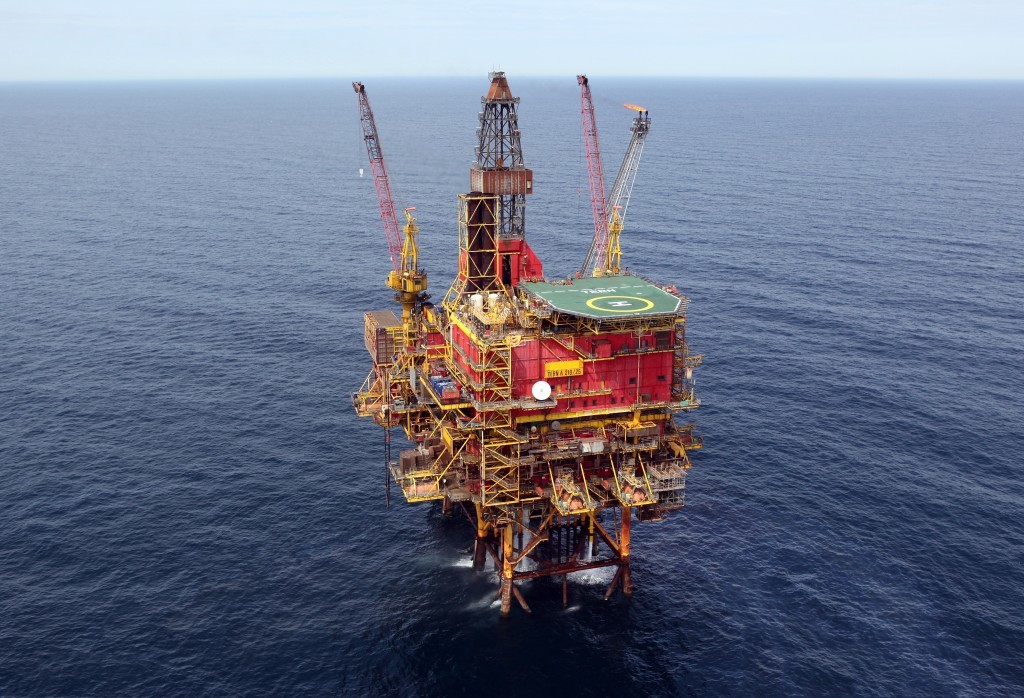
Taqa’s first-half profits dropped as natural decline and unplanned outages in the North Sea dented its production in Europe.
The Abu-Dhabi government-controlled energy firm posted pre-tax profits of £213 million in the first six months of the year, down 20% on the same period in 2017.
Revenues rose by 3% to £1.8billion, buoyed by higher oil and gas prices.
The company said new production from fields like Atrush in Kurdistan would offset natural decline in its portfolio.
Overall, Taqa has produced 120,600 barrels of oil equivalent (boe) per day so far this year, compared to 131,086 boe per day in the first half of 2017.
Earlier this year Taqa said it was transforming the Eider platform and ensuring continued production from the Otter field as part efforts to extend the life of its northern North Sea fields.
Donald Taylor, Taqa Europe’s managing director, said: “Our UK business demonstrated solid operational and safety performance throughout the first half of the year, with production performance remaining ahead of business plan.
“Production from our northern North Sea assets has been strong. Planned shutdown performance was delivered on plan and on budget and costs of operations have been held tight, enabling our business to continue to benefit from higher oil prices.
“The Paragon MSS1 drilling unit came on hire to TAQA in March, initially undertaking plug and abandonment scopes at the Pelican field, followed by development well activity. Additionally, platform plug and abandonment activity at Eider continues to be executed safely, on budget and with increasing efficiency.”
Taqa’s UK portfolio consists of operated interests in the Harding, Morrone, Tern, Kestrel, Eider, North Cormorant, South Cormorant, Falcon, Cladhan, Devenick, Cormorant East, Otter and Pelican fields. It also has non-operated interests in the Maclure, Brae, East Brae and Braemar fields.
Recommended for you

